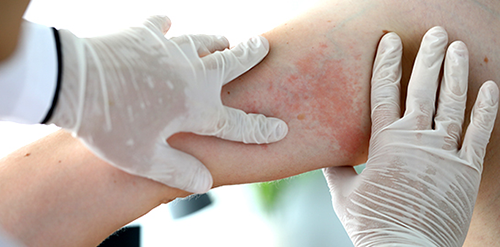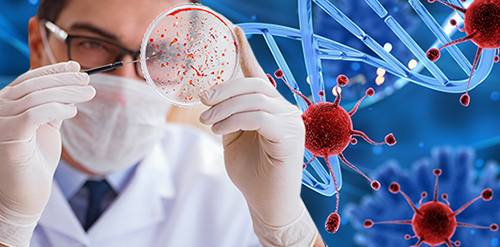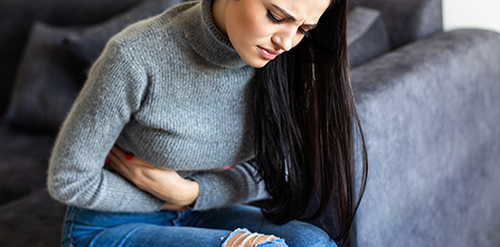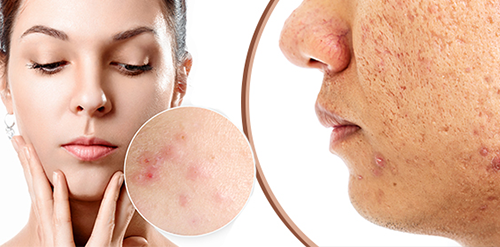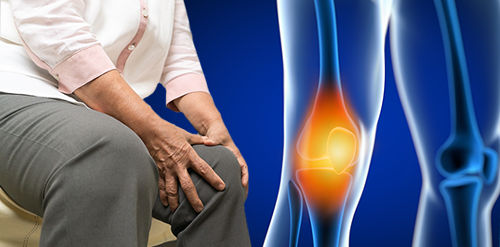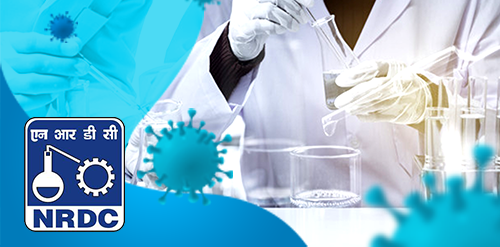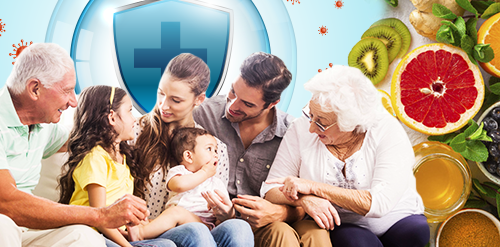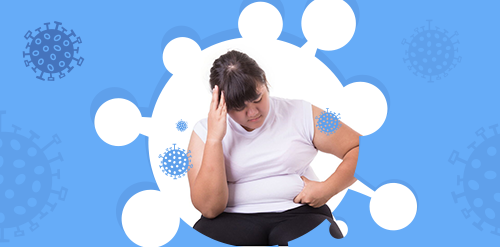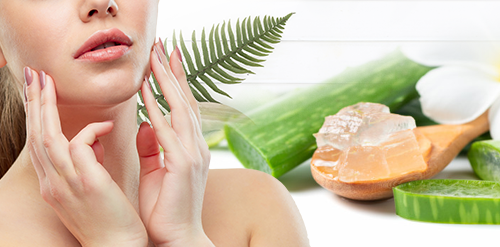The maximum occurrence of fungal infection cases was recorded during the summer months, especially in rainy seasons are 12.3% of total skin infections. Dermatophytosis (fungal infections) are found to be more prevalent in males compared to females, may be due to tight fitted clothes and long working hours, skin is unable to breath and chances of getting fungal infections become high.
Since fungi thrive in warm, moist environments, fungal skin infections can often develop in sweaty or damp areas. Being contagious often spreads through direct contact with fungi on clothes, items, and live stocks. Fungal infections can be prevented with good hygiene practices although some tough resistant fungal infections can be treated and managed by “Kushtahara dravyas”(Antifungal herbs/minerals) which is mentioned in the ancient ayurvedic texts, to relieve symptoms associated with fungal infections.
In ancient study, cummin, has shown fungicidal action as it contains bioactive compound thymol, which causes swelling of the fungal cell membrane and disruption of protein-lipid interaction on the cell membrane. This leads to leakage through fungal cell membrane resulting in fungal cell death.
Purified Gandhak has been used since ages for effective management of fungal infections. In ancient times, Gandhak hot springs were used by ancient Vaidyas to treat skin diseases like fungal infections, itching, redness, inflammation etc. High sulphur content is found in springs and increases the activities of defense-related enzymes and fights various infections.
Boraginaceous roots (Ratanjoot) are used for hundreds of years as folk remedies for dermatophytosis, corns callus, acne, burns. The bioactive compound Iso-Hexenyl-Naphthazarin present in Ratanjot is an extremely potent antifungal compound, fights off resistant fungal strains. It also possesses wound healing actions which will treat the damaged fungal skin spontaneously.
Fungal infection induces irritation, scaly- abraded skin, scars on the skin making it more prone to secondary infections. Furthermore, Antifungal resistance has made it more tough to treat. Therefore, we need a natural antifungal which eliminates fungal cells by damaging the fungal cell wall. Nature has given us a wonderful mineral Tankan, which on purification possesses antifungal properties. Moreover, Purified Gandhak or Shudh Suhaga is substantially used to repair abraded skin and wounds caused by fungal infections.
Sphaeranthus indicus or Gorakhmundi have been used by mankind since time immemorial, revealing that dried leaves have antifungal effects on chronic skin fungal infections. It prevents fungi from growing on skin, possessing keratolytic activity by eradicating fungal strains.
Generally, these herbs are of great use and show more effectiveness against fungal infections during rainy seasons.
Dermacharge has around 11 vital herbs that are Camphor, Motha, Gorakhmundi, Sudh Suhaga, Netrabala, Sangejrahata, Bakuchi, Sphatika Shudh, Ajwain (Thymol), Tulsi, Sudh Gandhak.



